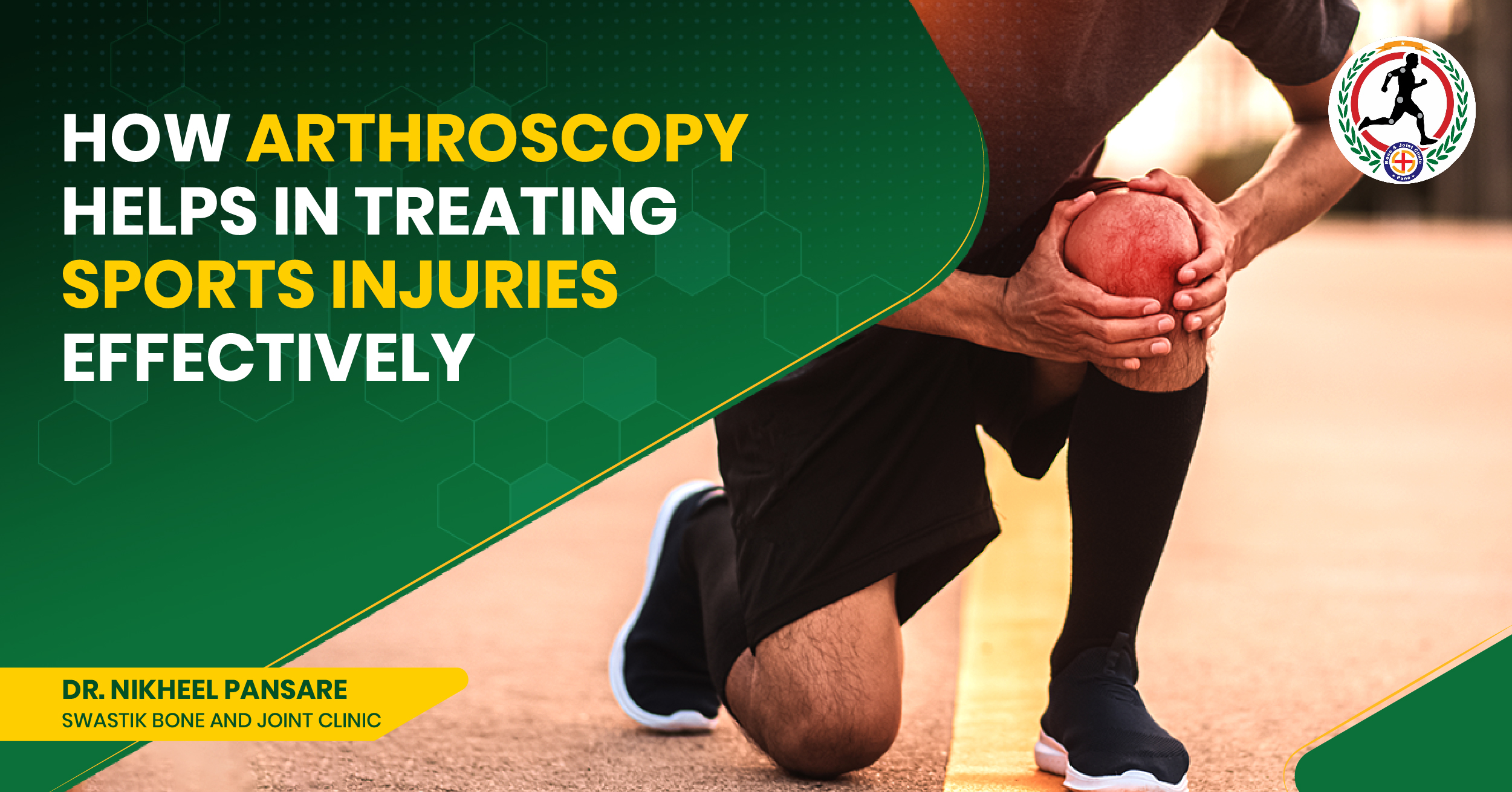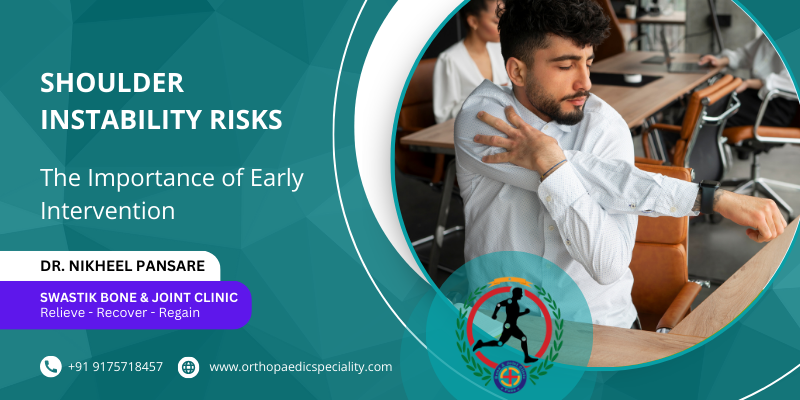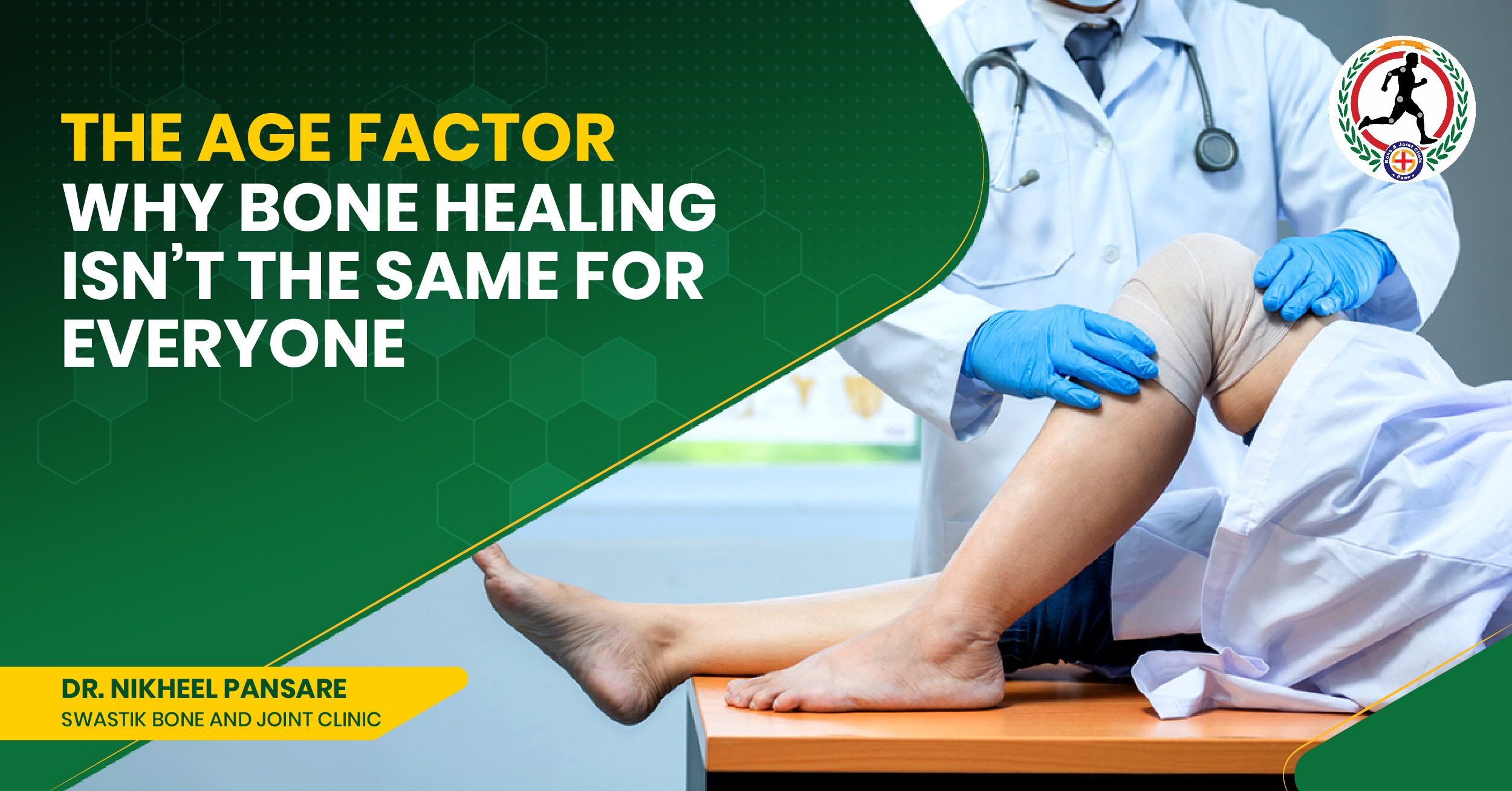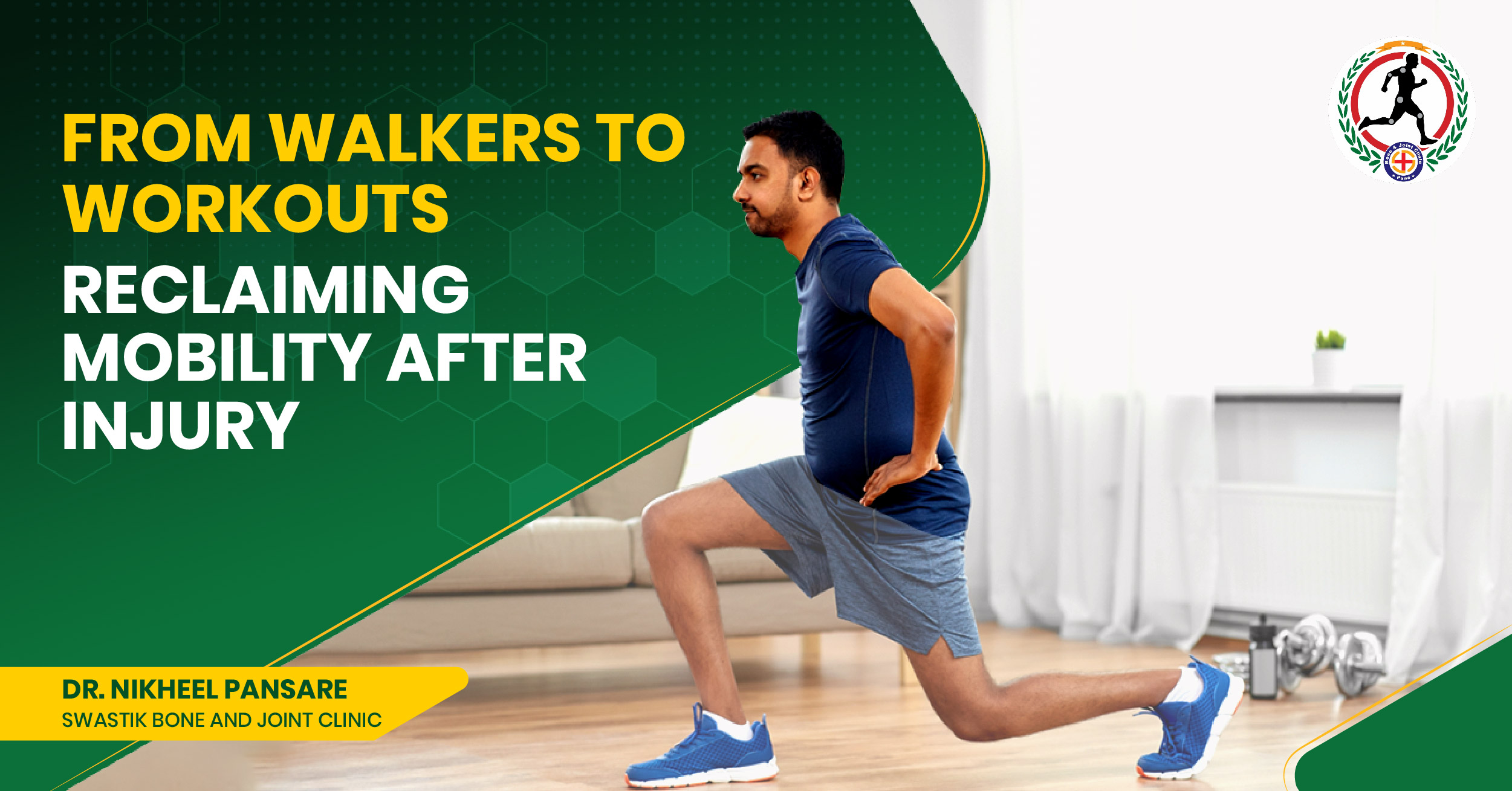Shoulder instability, also known as shoulder laxity or a loose shoulder, occurs when the shoulder joint is excessively loose and prone to dislocation. This condition can be caused by various factors, including genetics, hypermobility, repetitive overhead movements, or trauma.
Understanding Shoulder Instability
Shoulder instability can range from mild to severe, with symptoms that may include:
Recurrent shoulder dislocations: These occur when the humerus, the upper arm bone, dislocates from the glenoid fossa, the shallow socket in the shoulder blade.
Subluxations: These are partial dislocations where the humerus temporarily moves out of place but quickly returns to its normal position.
Instability without dislocations: Individuals may experience a feeling of looseness or instability in the shoulder without experiencing a complete dislocation.
Impact of Shoulder Instability
Shoulder instability can significantly impact an individual’s quality of life, causing pain, limiting movement, and restricting participation in activities that involve overhead movements or forceful actions. Repeated dislocations can also lead to damage to the shoulder joint, cartilage, and ligaments, increasing the risk of osteoarthritis and further complications.
Prevention Strategies
Preventing shoulder instability is crucial for maintaining shoulder health and reducing the risk of injury. Here are some effective prevention strategies:
Warm-up and cool-down: Before engaging in physical activities, warm up your muscles with light cardio and dynamic stretches. Similarly, cool down after exercise with gentle stretching to promote recovery and prevent muscle stiffness.
Strengthening exercises: Regularly perform exercises that strengthen the rotator cuff muscles, which provide stability to the shoulder joint. Exercises such as rows, lateral raises, and external rotations can help improve shoulder stability.
Proprioceptive training: Proprioception is the body’s awareness of its position in space. Proprioceptive training exercises, such as balance drills and targeted movements, can enhance the body’s ability to control and stabilize the shoulder joint.
Avoid repetitive overhead movements: Repetitive overhead movements, such as overhead throwing or racquet sports, can strain the shoulder joint and increase the risk of instability. If you participate in these activities, ensure proper technique and take adequate rest to prevent overuse injuries.
Maintain a healthy weight: Excess weight puts additional stress on the shoulder joint, contributing to instability. Maintaining a healthy weight can help reduce this stress and protect the shoulder.
Seek professional guidance: Consult with a physical therapist or orthopedic surgeon for personalized advice and exercise programs tailored to your specific needs and risk factors.
Conclusion
Shoulder instability can be a debilitating condition that affects daily activities and quality of life. By following effective prevention strategies, such as warm-up, cool-down, strengthening exercises, proprioceptive training, and maintaining a healthy weight, individuals can minimize the risk of shoulder instability and maintain shoulder health for long-term well-being.
Expert Guidance
Dr. Nikheel Pansare, a renowned orthopedic surgeon at Swastik Bone & Joint Clinic in Viman Nagar, Pune, India, is a highly experienced and skilled shoulder replacement doctor in Pune and a reverse shoulder replacement surgery specialist in Viman Nagar near Kharadi, Pune. His extensive expertise in shoulder disorders has helped numerous patients achieve optimal shoulder function and improved quality of life.
If you are experiencing shoulder instability or symptoms, consulting with Dr. Nikheel Pansare can provide you with the necessary evaluation, guidance, and treatment options to prevent further injury, restore shoulder stability, and enhance your overall shoulder health. Schedule an appointment with Dr. Nikheel Pansare today to take the first step towards a pain-free and active life.









